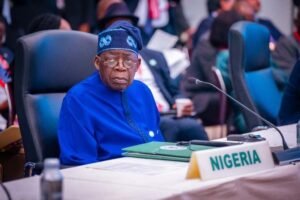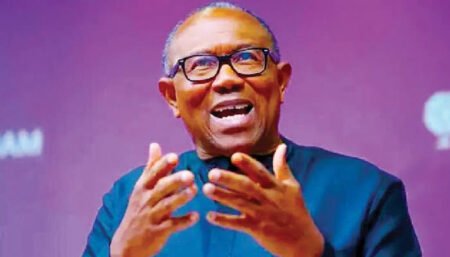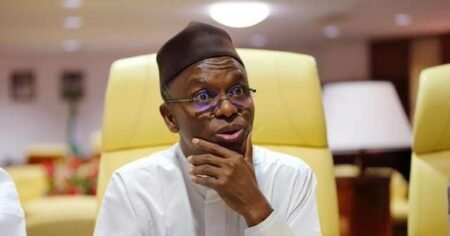Donald Trump’s campaign announced on Friday that it had raised about $53 million in online small-dollar donations after he was convicted in his New York hush money trial, claiming that the conviction had galvanised his support “like never before.”
According to the report, the unprecedented haul amounted to more than $2 million per hour.
Senior campaign officials Chris LaCivita and Susie Wiles claimed in comments that more than a third of the total came from new contributions to the campaign, hailing an “outpouring of support from patriots across our country.”
The advisors called the Thursday court ruling a “sham trial verdict” and said that the “digital fundraising system was overwhelmed with support” despite momentary online problems “because of the amount of traffic” from small-dollar contributions.
As of Friday evening, the day’s total had risen to an impressive $52.8 million.
A jury convicted Trump on all 34 counts of manipulating business documents to conceal a sex scandal during the final phases of the 2016 presidential campaign.
Prosecutors allege that Trump had sex with porn actress Stormy Daniels shortly after his wife Melania gave birth in 2006, then paid hush money a decade later to avoid the backlash and confuse voters, before producing phoney papers to conceal the transaction.
He is scheduled for sentencing on July 11, but he is expected to appeal the verdict.
“Crooked Joe Biden and the Democrats, with their election interference political witch hunt, have awakened the MAGA movement like never before,” LaCivita and Wiles said.
Trump has a history of using scandals to his advantage, and shortly after his conviction, his campaign website began diverting visitors to a donation page labelling him a “political prisoner.”.
The page failed for about an hour after it launched, due to a surge of Trump supporters overwhelming WinRed, the official Republican Party donation platform.
Trump frequently describes his legal difficulties as a war against the wicked forces of the “deep state” and Biden’s White House, portraying himself as a martyr willing to give up his liberty to defend his supporters.
For the second time in April, he linked himself to South African anti-apartheid icon Nelson Mandela as well as to Jesus Christ.










